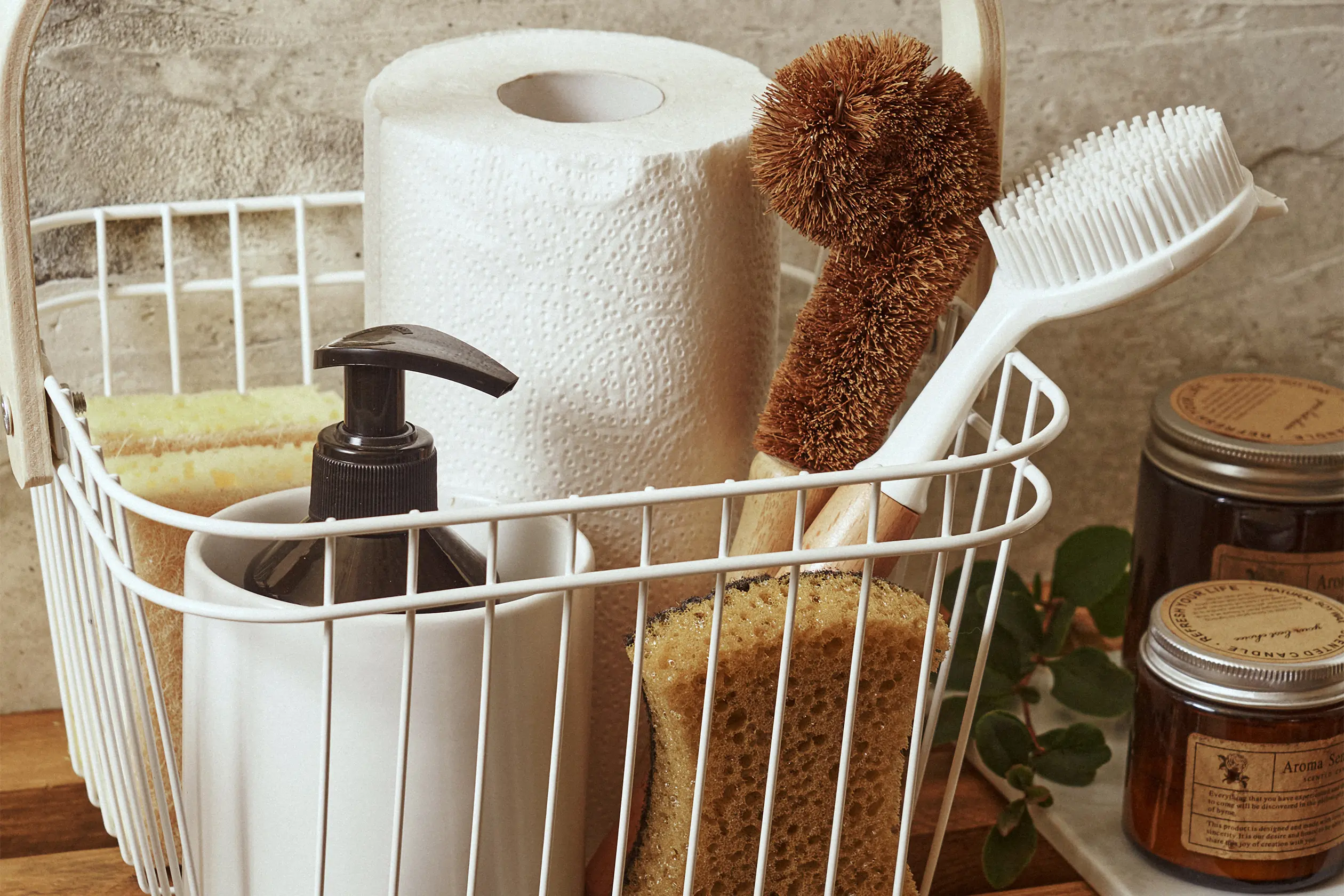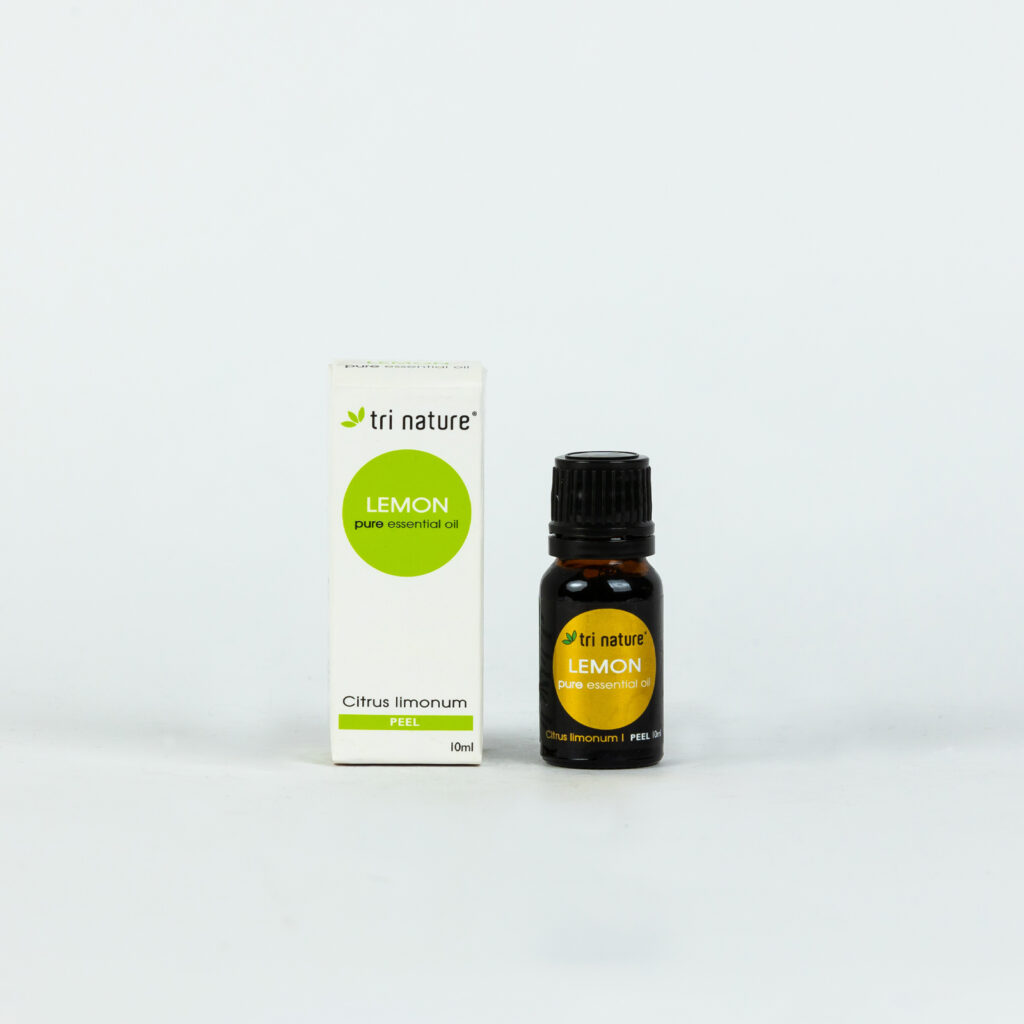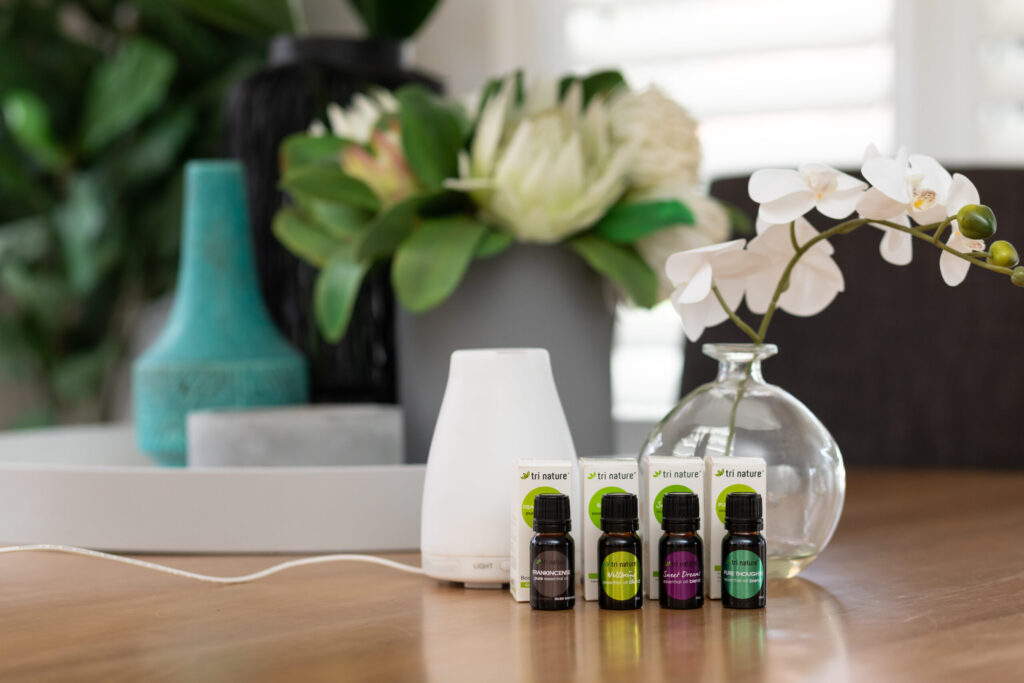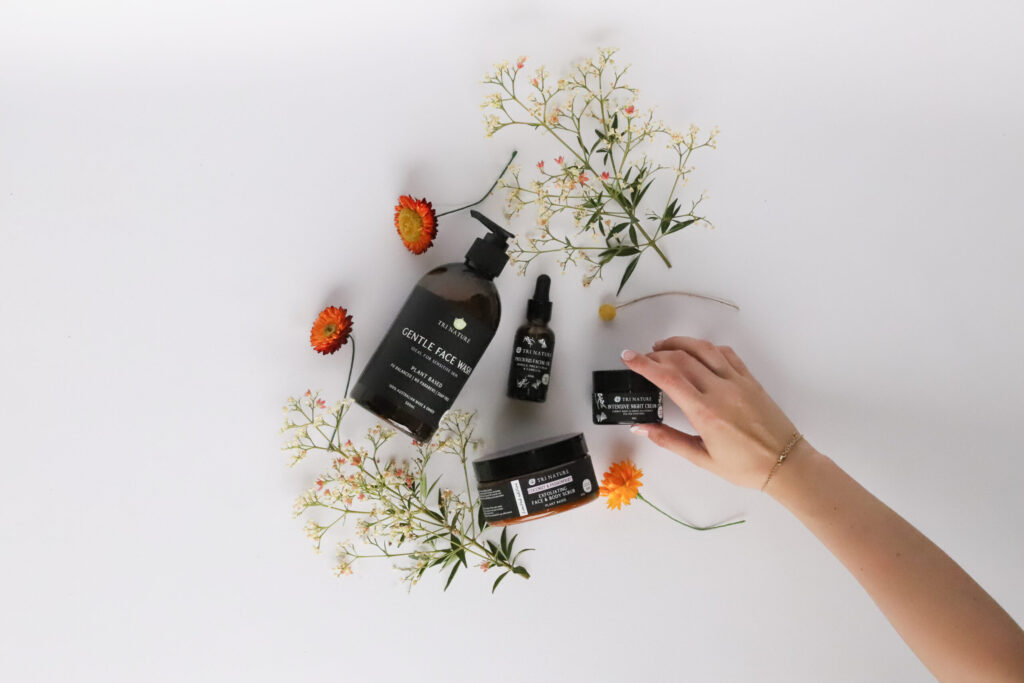We all have one sitting next to our sink but how often should you be replacing your kitchen sponge? The truth is you should be cleaning and replacing your sponges frequently (probably far more frequently than you do).
Kitchen sponges are often left in a warm environment and in combination with moisture and small particles of food, they are the ideal breeding ground for microorganisms. A 2017 study[1] investigated the different bacteria present in kitchen sponges and found that although most of these bacteria were harmless to humans, some of the bacteria were potentially harmful including salmonella and E. coli.
Did you know that kitchen sponges have been found to contain more bacteria than any other items in the household including the toilet?[2] Eeewww!
So, now that you are suitably disgusted, let’s get back to the question at hand. How often should you be replacing your kitchen sponges? Ideally, you should be replacing your sponge every week or two or sooner if you notice an odour.
Wringing out your sponge thoroughly after use, placing it in a holder to dry, and cleaning it every other day will help minimise the risk and prolong the replacement time. However, even thorough cleaning with boiling water, microwaving, or rinsing with vinegar won’t remove all the bacteria1 and can even lead to increases in certain types of bacteria, so it should still be replaced regularly.
If replacing your sponge that often is too costly or you are looking for a more reusable option you could try a cotton dishcloth or microfibre cloth which can be regularly washed by throwing it in the washing machine or you could opt for a silicone dish sponge.
Happy Cleaning!
Related Products: Chamomile Dishwashing Liquid, Lemon Ironbark & Melaleuca Dishwashing Liquid
[1] Cardinale, M., Kaiser, D., Lueders, T. et al. Microbiome analysis and confocal microscopy of used kitchen sponges reveal massive colonization by Acinetobacter, Moraxella and Chryseobacterium species. Sci Rep 7, 5791 (2017).
[2] Donofrio RS, Bechanko R, Hitt N, O’Malley K, Charnauski T, Bestervelt LL, Saha N, Saha R. Are we aware of microbial hotspots in our household? J Environ Health. 2012 Sep;75(2):12-9. PMID: 22984730.



